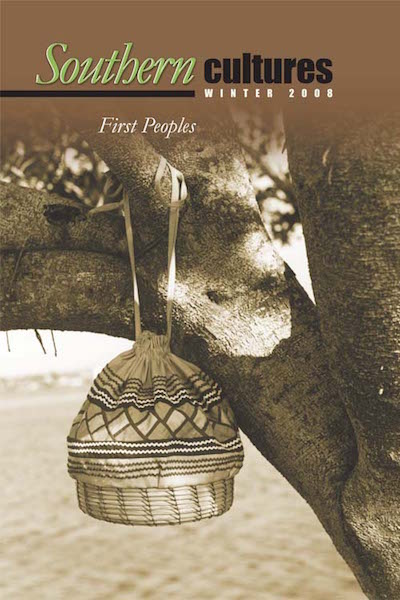“The wilderness settlers thought they were entering as in fact a landscape created and managed by the First Peoples.”
In the late winter and early spring of 1830 members of the United States Congress debated a bill to enable the federal government to undertake the expulsion of thousands of people from their ancestral homes and to resettle them in what came to be called Indian Territory (present-day Oklahoma). At the same time, the governments of three states—Georgia, Alabama, and Mississippi—endeavored, in defiance of federal treaties, to dissolve the Cherokee, Creek, Choctaw, and Chickasaw nations which existed within their borders in efforts to hasten their departure. The interlocking program that president Andrew Jackson’s supporters at the federal and state levels sought to put in place appalled some congress members. Both Theodore Frelinghuysen of New Jersey and William Ellsworth of Connecticut, for example, identified the states’ abrogation of the federal treaty rights as contrary to the spirit of the Constitution and found the Removal bill itself to be contrary to the word of God. Others worried over how the legislation might reflect on the republic’s honor.


